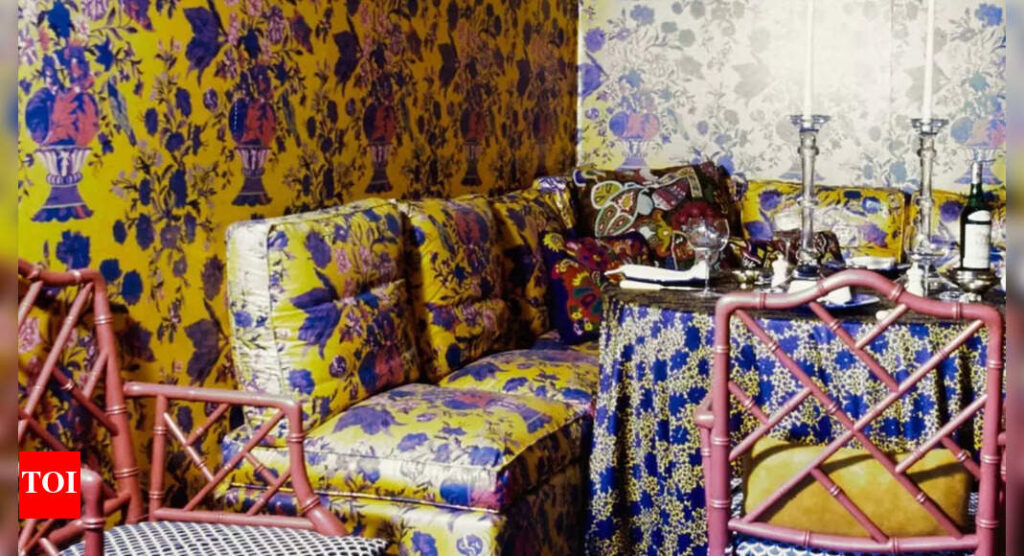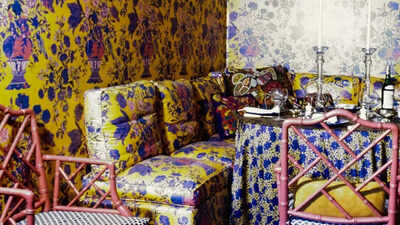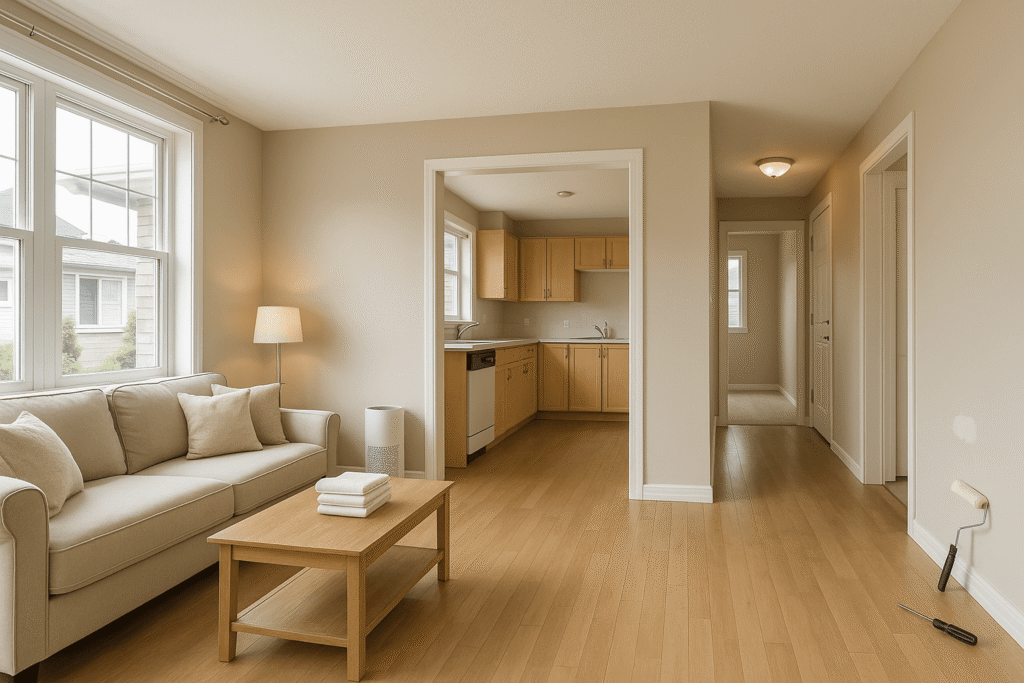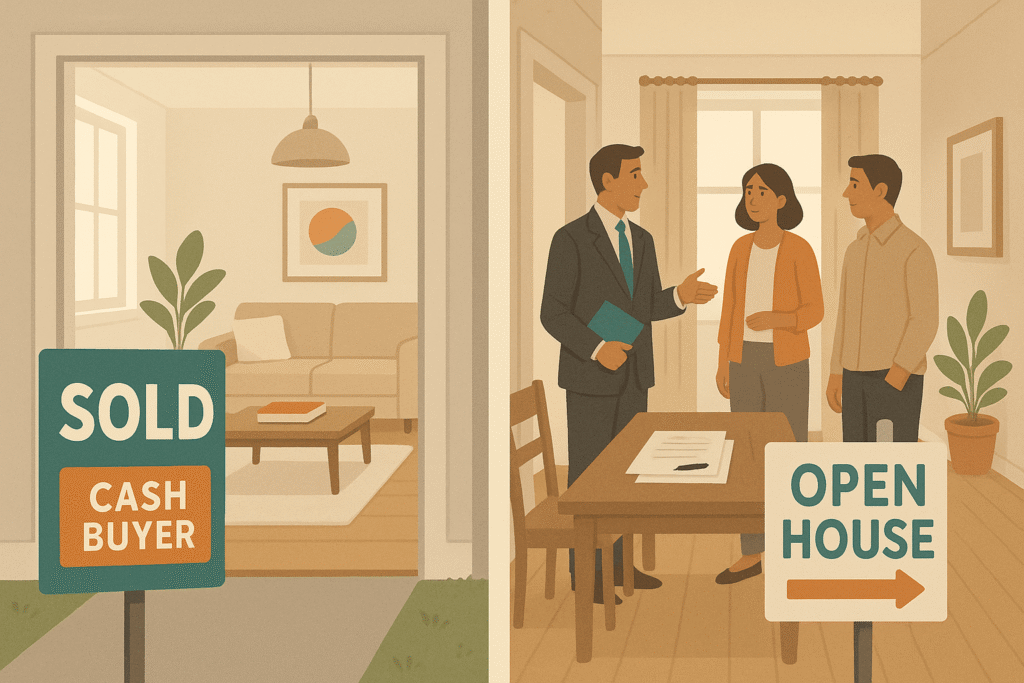Interior design is more than just picking stylish furniture or trendy colours; it’s about creating a balanced, functional space that reflects your personality and meets your needs. But even with the best intentions, it’s easy to fall into common design traps that can make a room feel awkward, cluttered, or uncomfortable. Whether you’re planning a full home makeover or simply updating a corner of your living room, knowing what to avoid can save you time, money, and regret. From poor lighting choices to mismatched proportions, here are five interior design mistakes to steer clear of and how to fix them.
Avoid these 5 interior design blunders to transform your home instantly
Lighting that’s too harsh or too dim
Lighting is one of the most overlooked yet critical elements of interior design. It has the power to make a room feel cosy and welcoming or stark and uncomfortable. A common mistake many people make is installing lighting that’s either too bright or too dull. For example, a bedroom with overly harsh lighting can feel more like an office than a place to unwind. On the other hand, a kitchen with dim lighting can make cooking and other tasks difficult. Aim for a layered lighting plan. Combine ambient lighting (like ceiling lights), task lighting (such as under-cabinet lights in the kitchen or reading lamps in the bedroom), and accent lighting (like wall sconces or LED strips). In living spaces, consider using warm yellow lights for a more inviting feel. Dimmable options also allow you to adjust brightness based on mood or activity.
Furniture that’s out of proportion
One of the easiest ways to throw off the balance of a room is by choosing furniture or decor that doesn’t suit the scale of the space. Oversized sofas in a small living room, or tiny side tables next to large armchairs, can make a space look awkward and unplanned.Pay close attention to scale and proportion. Mix and match furniture of different sizes and shapes to add visual interest. A centre table, for instance, should complement the height and width of the surrounding seating. Avoid filling a room with similarly sized items, the key is variety with balance.
Bulky furniture and cluttered layouts
Bulky furniture and dark colours can make even a spacious room feel cramped. In smaller spaces, this design error is even more noticeable. Heavy pieces in dark hues, like black sofas or chunky wooden wardrobes, can visually shrink a room and create a cluttered, suffocating feel.Choose light-coloured furniture with slimmer profiles and soft, breathable fabrics. Stick to a neutral or pastel palette to make the space feel larger and more open. Keep the floor visible by choosing elevated furniture with legs rather than items that sit flat on the floor. And most importantly, keep clutter to a minimum; a clean layout always feels more luxurious.
Incorrect accessories: rugs and cushions
Accessories like rugs and cushions are essential for bringing warmth and character to a home. However, using the wrong size rug or too many cushions can quickly disrupt the harmony of a space. A common mistake is choosing a rug that’s too small and “floats” in the middle of the room, disconnected from the furniture. Similarly, overloading a sofa with cushions may make it look plush, but it can actually reduce seating space and comfort.Choose a rug that anchors the space. Ideally, the front legs of your sofas and chairs should rest on the rug, or the rug should cover the entire sitting area. In the dining room, make sure the rug is large enough for chairs to move in and out freely. As for cushions, stick to two or three per sofa side, mixing textures and colours for visual interest without overwhelming the space.
Matching everything too perfectly
While coordination is important, going overboard with matching colours, patterns, and styles can make a room feel flat and outdated. A space where everything, from walls to curtains to accessories, is the same colour can lack personality and feel monotonous.Introduce contrast with complementary colours, textures, and accent pieces. For example, if you love green, limit it to one feature wall or a few key accessories, and pair it with earthy tones like beige or brown to add depth. The goal is to create a cohesive look with variety, not uniformity.Designing your home should be a creative and enjoyable process. Avoiding these five common mistakes and applying simple design fixes can make a significant difference in the overall feel and function of your space. Whether you’re updating a single room or revamping your entire home, a thoughtful approach to lighting, proportion, colour, and accessories will help you create a space that’s both stylish and comfortable.Also Read: 10 worst colours for home interiors that can ruin your mood, according to design principles







